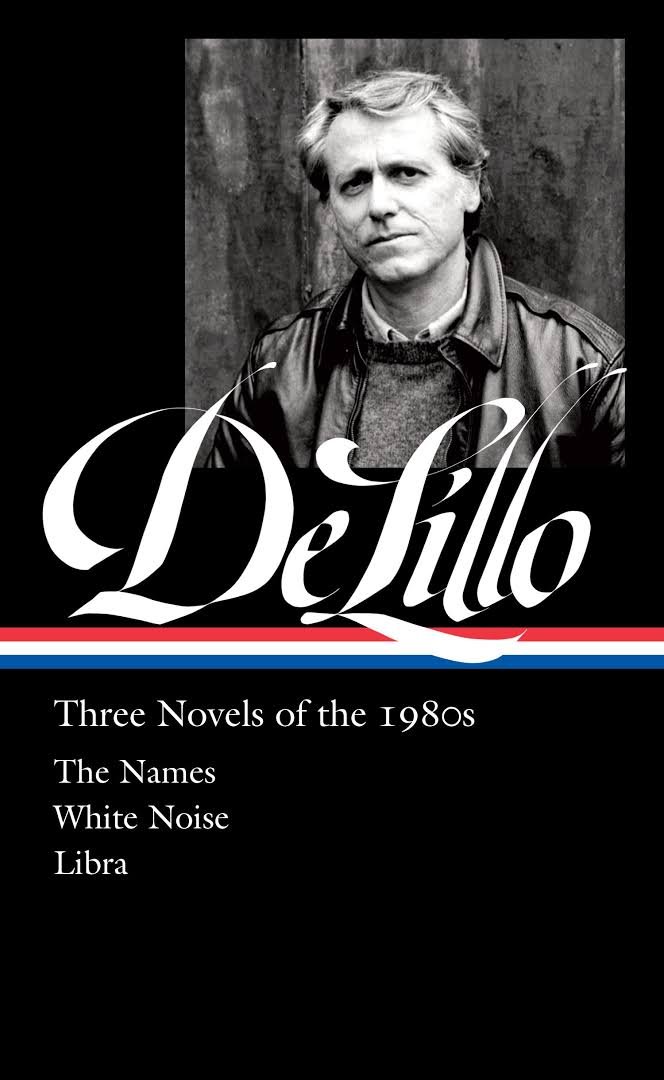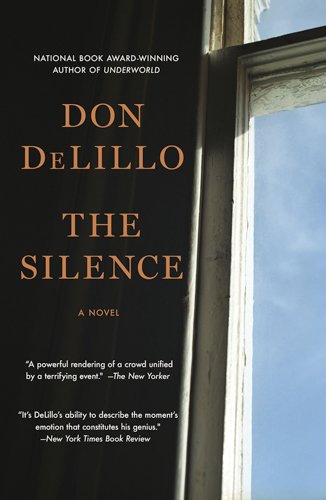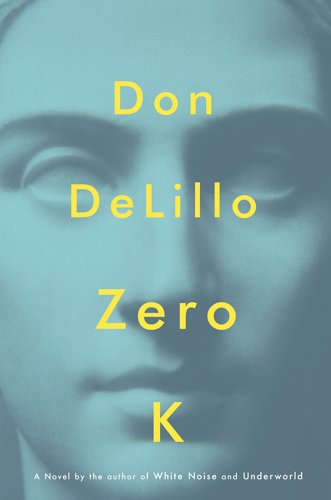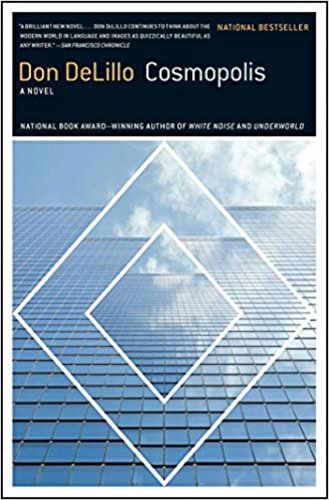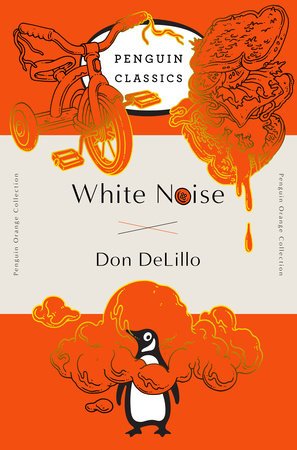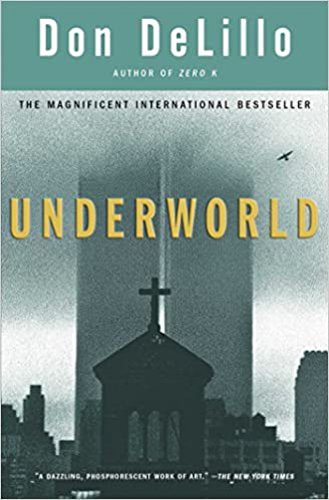Don DeLillo
Don DeLillo is the acclaimed author of seventeen novels and three plays. In 2015, he was granted the lifetime achievement award from the National Book Foundation. He has also won the National Book Award, the Jerusalem Prize, the Irish Times International Fiction Prize, the PEN/Saul Bellow Award for lifetime achievement in American literature and, the Library of Congress Prize for American Fiction. He is a member of the American Academy of Arts and Letters. His most recent book The Silence was published by Scribner in 2020.
News
The Library of America has republished Don DeLillo’s “essential” novels of the ‘80s, THE NAMES, WHITE NOISE, and LIBRA, in an honorary collection with new prefaces by the author.
Don DeLillo's WHITE NOISE is now a major motion picture, streaming worldwide on Netflix.
Select Books
The Silence
From one of the most dazzling and essential voices in American fiction, a timely and compelling novel set in the near future about five people gathered together in a Manhattan apartment, in the midst of a catastrophic event.
It is Super Bowl Sunday in the year 2022. Five people, dinner, an apartment on the east side of Manhattan. The retired physics professor and her husband and her former student waiting for the couple who will join them from what becomes a dramatic flight from Paris. The conversation ranges from a survey telescope in North-central Chile to a favorite brand of bourbon to Einstein’s 1912 Manuscript on the Special Theory of Relativity.
Then something happens and the digital connections that have transformed our lives are severed.
What follows is a dazzling and profoundly moving conversation about what makes us human.
"Mysterious...Unexpectedly touching...[DeLillo offers] consolation simply by enacting so well the mystery and awe of the real world."--Joshua Ferris, The New York Times Book Review
(Scribner, October 2020)
Zero K
A New York Times bestseller, “DeLillo’s haunting new novel, Zero K—his most persuasive since his astonishing 1997 masterpiece, Underworld” (The New York Times), is a meditation on death and an embrace of life.
Jeffrey Lockhart’s father, Ross, is a billionaire in his sixties, with a younger wife, Artis Martineau, whose health is failing. Ross is the primary investor in a remote and secret compound where death is exquisitely controlled and bodies are preserved until a future time when biomedical advances and new technologies can return them to a life of transcendent promise. Jeff joins Ross and Artis at the compound to say “an uncertain farewell” to her as she surrenders her body...
(Scribner, May 2016)
Cosmopolis
Now a major motion picture directed by David Cronenberg and starring Robert Pattinson, Cosmopolis is the thirteenth novel by one of America’s most celebrated writers.
It is an April day in the year 2000 and an era is about to end. The booming times of market optimism—when the culture boiled with money and corporations seemed more vital and influential than governments— are poised to crash. Eric Packer, a billionaire asset manager at age twenty-eight, emerges from his penthouse triplex and settles into his lavishly customized white stretch limousine. Today he is a man with two missions: to pursue a cataclysmic bet against the yen and to get a haircut across town. Stalled in traffic by a presidential motorcade, a music idol’s funeral and a violent political demonstration, Eric receives a string of visitors—experts on security, technology, currency, finance and a few sexual partners—as the limo sputters toward an increasingly uncertain future.
Cosmopolis is both intimate and global, a vivid and moving account of the spectacular downfall of one man, and of an era.
(Scribner, 2003)
White Noise
A brilliant satire of mass culture and the numbing effects of technology, White Noise tells the story of Jack Gladney, a teacher of Hitler studies at a liberal arts college in Middle America. Jack and his fourth wife, Babette, bound by their love, fear of death, and four ultramodern offspring, navigate the rocky passages of family life to the background babble of brand-name consumerism. Then a lethal black chemical cloud, unleashed by an industrial accident, floats over there lives, an "airborne toxic event" that is a more urgent and visible version of the white noise engulfing the Gladneys—the radio transmissions, sirens, microwaves, and TV murmurings that constitute the music of American magic and dread.
(Penguin Books, 1999)
Underworld
Nick Shay and Klara Sax knew each other once, intimately, and they meet again in the American desert. He is trying to outdistance the crucial events of his early life, haunted by the hard logic of loss and by the echo of a gunshot in a basement room. She is an artist who has made a blood struggle for independence.
Don DeLillo's mesmerizing novel opens with a legendary baseball game played in New York in 1951. The glorious outcome - the home run that wins the game is called the Shot Heard Round the World - shades into the grim news that the Soviet Union has just tested an atomic bomb.
The baseball itself, fought over and scuffed, generates the narrative that follows. It takes the reader deeply into the lives of Nick and Klara and into modern memory and the soul of American culture - from Bronx tenements to grand ballrooms to a B-52 bombing raid over Vietnam.
Underworld is a story of men and women together and apart, seen in deep clear detail and in stadium-sized panoramas, shadowed throughout by the overarching conflict of the Cold War. It is a novel that accepts every challenge of these extraordinary times - Don DeLillo's greatest and most powerful work of fiction.
(Scribner, 2007)

